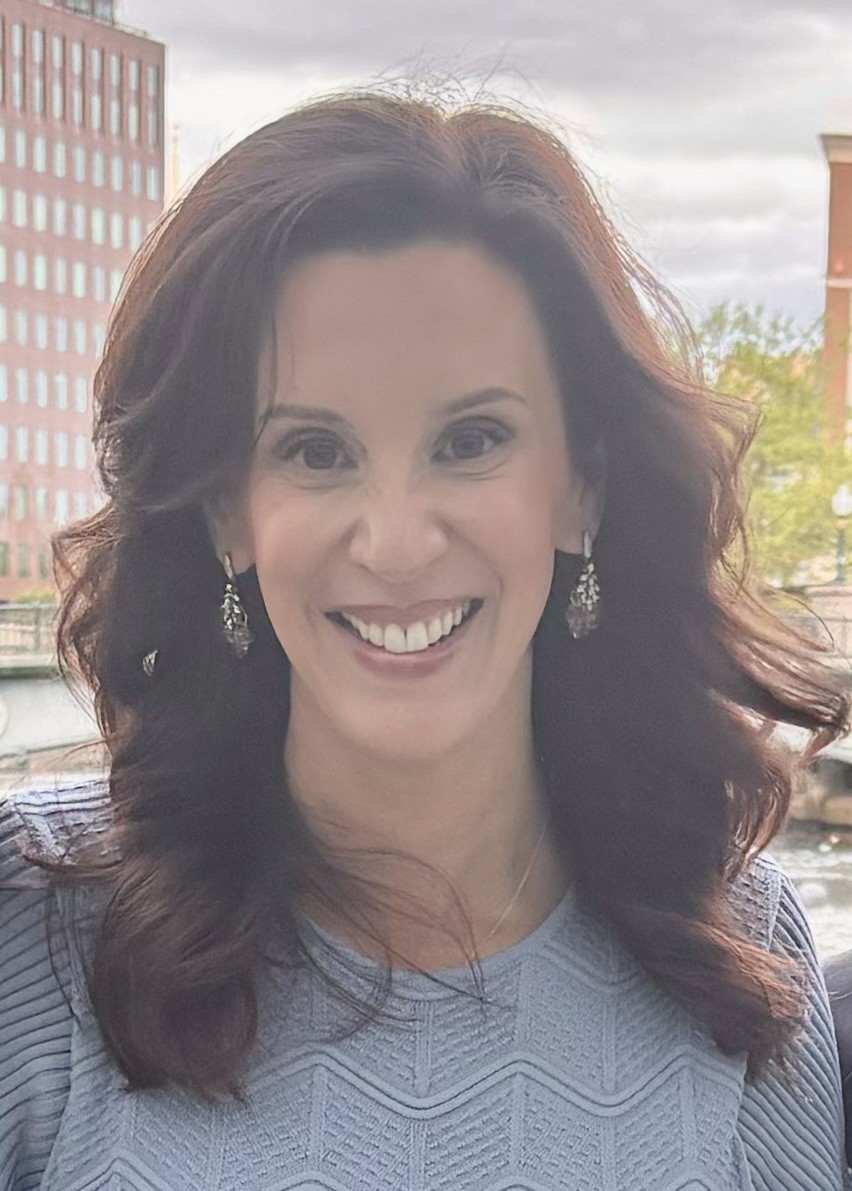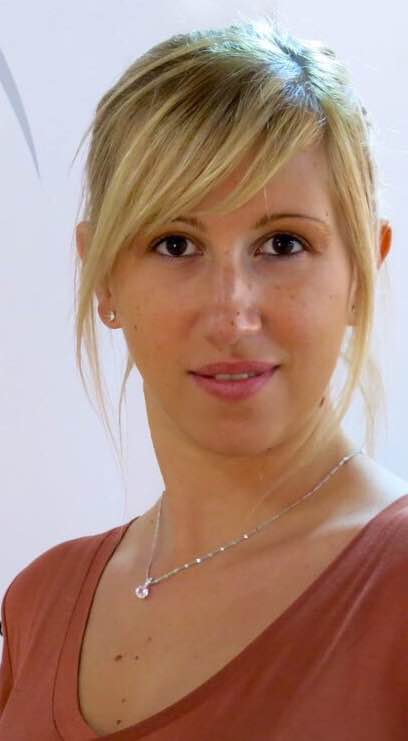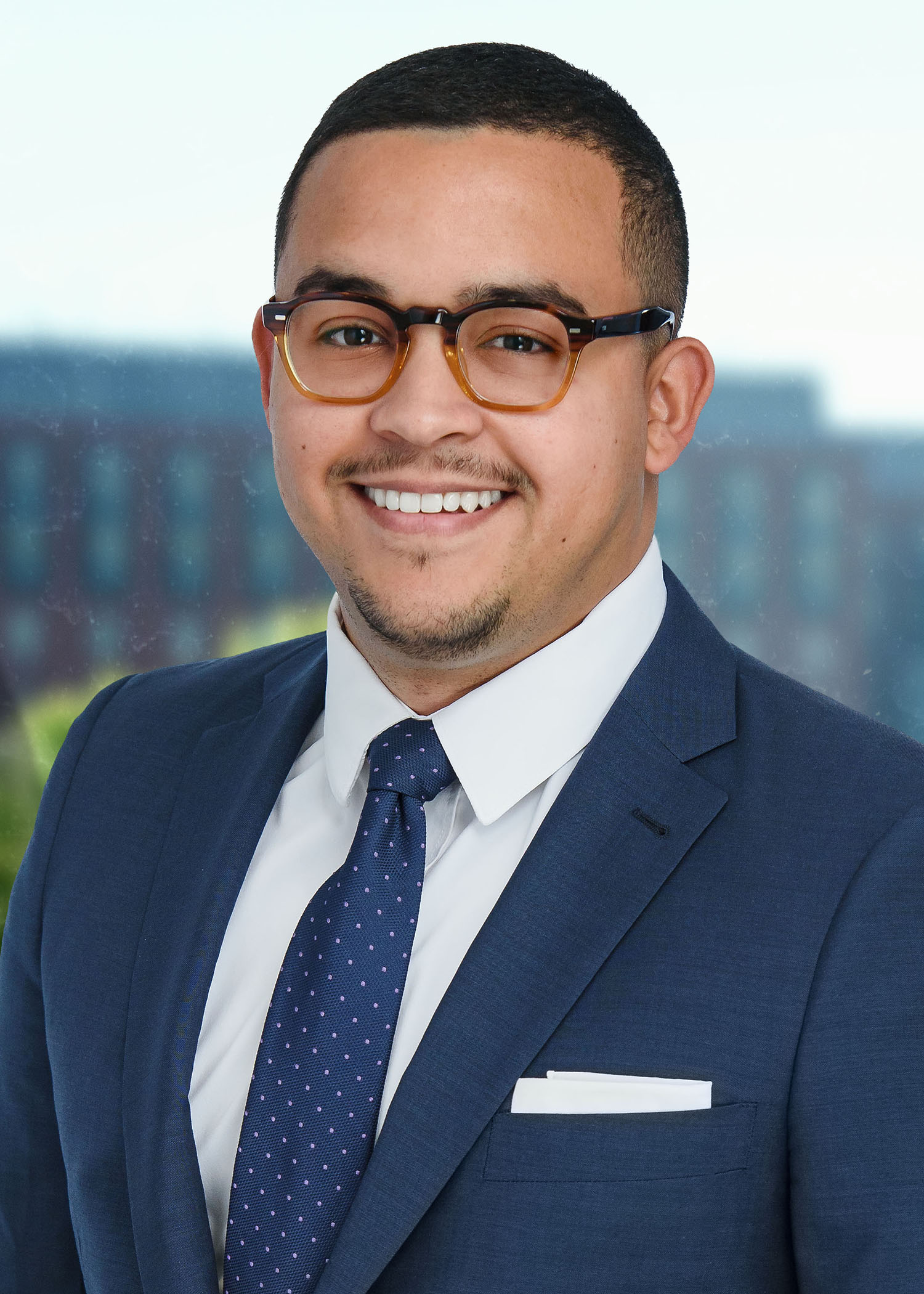
For 25 years, Gates Cambridge Scholars have been making waves in politics and the law, from serving in government to influencing political movements.
This month’s 25th anniversary impact feature focuses on politics and law. The last 25 years have seen major political change across the world and Gates Cambridge Scholars have been working on issues relating to conflict resolution, climate change, development and domestic policy. Some have been working in governments, from Chile to Malaysia.
Scholar politicians
Several US scholars have stood for office or are currently in office. They include Greg Nance who was elected as a Washington State representative for Kitsap County, one of 49 districts across Washington State, in 2023 after the previous incumbent moved up to the Senate. Greg was one of six Democrats interviewed for the position. Three were picked to advance to the next round and were interviewed at an open public meeting. Greg brought 15 supporters with him, including fire fighters and members of the nurses union and he was endorsed by a local native American tribe. At the time, he said: “I wanted to show I was serious and that I had support from all corners of the county.”
Greg has a lot of experience of dealing with social issues. He founded Moneythink, an organisation that aims to increase young people’s financial capability, as well as youth mental health organisation the Run Far Foundation. Moneythink was set up in 2008 by Greg and four fellow students while he was an undergraduate at the University of Chicago and Greg was named one of the “Top 99 Foreign Policy Leaders Under 33” in 2013 by the Diplomatic Courier and recognised by the Obama Administration as a “Champion of Change”. Greg, who did his MPhil in Management [2011], also set up award-winning start-up Dyad.com while he was at Cambridge. The organisation seeks to expand education access by providing “mentorship for the motivated”.
Matt Varilek [2001] is the Minnesota Department of Employment and Economic Development Commissioner, having previously served as President of the Initiative Foundation, which supports economic and community development in the 14 counties and two sovereign tribal nations of Central Minnesota. His background is in business administration and politics, and he was a candidate for Congress in South Dakota in 2012 on the Democratic ticket pledging to bridge the differences between the Democrats and Republicans “instead of fanning the flames of partisanship”. He has also served as an Economic Development Director and Speechwriter for the offices of US Senators Tom Daschle and Tim Johnson. Matt was in the inaugural Gates Cambridge cohort in 2001 and did an MPhil in Environment and Development.
 Meanwhile, Hilary Levey Friedman [2002 – pictured right] announced in 2021 that she was running as a Democratic candidate for the Rhode Island State Senate. Levey Friedman had previously served as the President of the Rhode Island chapter of the National Organization for Women. Currently Hilary is a Special Assistant Attorney General for the Rhode Island Attorney General, focusing on the juvenile justice system.
Meanwhile, Hilary Levey Friedman [2002 – pictured right] announced in 2021 that she was running as a Democratic candidate for the Rhode Island State Senate. Levey Friedman had previously served as the President of the Rhode Island chapter of the National Organization for Women. Currently Hilary is a Special Assistant Attorney General for the Rhode Island Attorney General, focusing on the juvenile justice system.
Reid Lidow [2014], a speechwriter for former UK Prime Minister Gordon Brown, stood for elections as Los Angeles’ City Controller and has co-written the book, Permacrisis: A Plan to Fix a Fractured World, with Brown, Nobel prize-winning economist Michael Spence and Queens’ College Cambridge President Mohamed El-Erian. Reid, a former Executive Officer to the Mayor of Los Angeles and currently at Yale Law School, says: “The reforms we offer are multiplicative, bringing exponential benefit, rather than isolated approaches. We are trying to present a positive, principled vision of the future. There is a lot to be nervous about, but even more cause to be hopeful.”
Gates Cambridge Scholars have also been successful political candidates in other parts of the world and two have served as government ministers. Yeo Bee Yin [2009], who did her master’s in chemical engineering, served as Minister of Energy, Science, Technology, Environment and Climate Change in Malaysia from 2018 to 2020. As minister, she helped to set up a nationwide ban on the import of plastic waste and published a 12-year roadmap that included a legal framework on eliminating the use of single use plastics in Malaysia by 2030. She is currently an MP for the Democratic Action Party and is the party’s National Publicity Secretary and Chief of the DAP Selangor Women’s Wing. She is also Chairperson of the Parliamentary Special Select Committee on Women, Children and Community Development. Yeo Bee Yin recently took part in a Gates Cambridge event in Singapore where she shared her insights on innovation, sustainable development, and green technology in the ASEAN region.
Claudia Sanhueza Riveros [2001], meanwhile, is Under-Secretary for International Economic Relations in the government of Gabriel Boric in Chile, becoming the first woman to occupy the role in 2023. Before that she was Under-Secretary of Finance. Sanhueza Riveros, who has a PhD in Economics, has worked as an academic in Chile, but has always kept one foot in the policy world. Between 2007 and 2008, she was a member of the Equity and Labour Presidential Advisory Commission during Michelle Bachelet´s first government and in her second government she was a member of the Chilean Pension System´s Presidential Advisory Commission. In 2018, she founded and directed the Universidad Mayor´s Economics and Social Policy Centre, where she worked until 2022.
Scholars have also been diplomats and representatives to leading international bodies. Mekondjo Kaapanda-Girnus [2001] is Namibia’s Ambassador to Belgium, the Netherlands and the European Union. Prior to taking up her post in Brussels, Mekondjo, who did her PhD in International Law, worked for nine years as Commercial Counsellor at the Namibian Embassy in Germany and served for one year at the Namibian High Commission in the UK, representing the Ministry of Trade and Industrialisation and, specifically, the Namibia Investment Centre.
Alice Musabende [2016] is a senior political advisor to the United Arab Emirates Ministry of Foreign Affairs, where she advises on African policy, peace and security and multilateral engagement. She played a central role during the UAE’s term on the UN Security Council (2022–2023) and continues to support high-level diplomatic initiatives through the Ministry’s Policy Planning Department. Her work focuses on shaping strategic partnerships and advancing the UAE’s engagement with African states and institutions. Alice completed her PhD in Politics and International Studies and has remained deeply engaged in questions of international power and African agency in global affairs.
Meanwhile, Harum Mukhayer [2016] is Legal Counsel at the World Bank in Washington DC. Harum, who did a PhD in International Law, is a public international lawyer specialising in environmental and natural resources law with a focus on international boundary areas and territorial disputes. Before the World Bank, she mainly worked with the UN in Sudan, South Sudan and Somalia.
Policy work
Many scholars have been involved in political consultancy work.
Beatrice Bianchi [2011 – pictured left], who currently leads a consultancy team for the African Development Bank, has built a career at the intersection of political analysis, mediation and project leadership in fragile and transitioning contexts across sub-Saharan Africa. She began with the World Bank and went on to work with the European Union in some of the continent’s most challenging political environments. She says those experiences deepened her understanding of power dynamics and allowed her to build strong networks across political, civil society and military spheres.
 She states: “A core focus throughout has been my work on electoral processes — both through observation missions and technical assistance to electoral bodies and political parties.”
She states: “A core focus throughout has been my work on electoral processes — both through observation missions and technical assistance to electoral bodies and political parties.”
From 2018 to 2022 she was at the Tony Blair Institute for Global Change where she created and led the Sahel programme. She calls this a ‘particularly formative’ experience. “It sharpened my diplomatic instincts as I advised on regional dynamics, coordinated high-level engagements and represented Tony Blair in meetings with Heads of State,” she says.
In 2022, she consolidated this experience by working independently on governance and mediation initiatives and in addition to her work at the African Development Bank, she is co-founding a consulting cabinet in Dakar with African and European colleagues.
She says: “At a time of widening geopolitical rifts, we aim to offer grounded, cross-cultural analysis and support. We believe that our shared experience – and our diverse origins – can serve as a bridge.”
Beatrice keeps one foot in academia too as Visiting Fellow – Senior Advisor for the Strategic Center for the Sahel-Sahara Security (C4S), where she provides analysis on evolving political and security crises in the region. She is also a columnist for La Repubblica and contributes to academic debate, most recently with a 2024 article on the Niger coup published in Politique Africaine.
Activism
Other scholars have taken more activist roles in politics.
Maximilian Fries [2013] is executive director and co-founder of Europe Calling e.V., an independent, non-profit NGO organising massive interactive online webinars bringing together European citizens, decision-makers, civil society and industry. Its aim is to grow a European Public Sphere. Max, who did his PhD in Oncology, was previously an assistant to Sven Giegold, a Green Member of the European Parliament who has been serving as the party’s deputy chair since 2024. Meanwhile, Robyn Scott’s organisation, Apolitical, is focused on building best practice among public servants across the globe. It provides online spaces for public servants to connect and exchange ideas.
Many scholars have also served in government as policy advisers. They include Chiraag Bains [2003], now a non-resident senior fellow with Brookings Metro and a consultant to Democracy Fund. He focuses on artificial intelligence, democracy and government programmes that advance fairness and opportunity and previously served as deputy assistant to the president and deputy director of the White House Domestic Policy Council in Joe Biden’s government. He led the implementation of the President’s executive order on racial equity and support for underserved communities, resulting in 90 agency action plans, an equitable data strategy and efforts to make it easier for local communities to leverage infrastructure and pandemic rescue funds. He also co-led a strategy on artificial intelligence and equity, which produced over 20 agency actions to protect workers and consumers from algorithmic bias, alongside the release of the Biden administration’s “Blueprint for an AI Bill of Rights”.
Bains also drove the policy processes for President Biden’s landmark executive order on police reform and public safety; the historic pardon of marijuana-possession offences and rescheduling initiative; the national strategy to combat bias in home appraisals; increased contracting with small, disadvantaged businesses; and the United We Stand summit against hate-fuelled violence. He also oversaw efforts to expand voter registration opportunities, LGBTQI+ rights, disability rights and funding for Native American communities.
Bains had previously led a team of voting rights lawyers as director of legal strategies at Demos and served in the Justice Department as a career prosecutor and then senior counsel to the assistant attorney general for civil rights.
Other scholars who have worked in political departments include Devinn Lambert [2013] who served at the US Department of Energy for 10 years from managing biofuel programmes to helping lead the US Energy Earthshots Initiative. Tristan Brown [2006] is the Deputy Administrator of the Pipeline and Hazardous Materials Safety Administration (PHMSA) in the US Department of Transportation. Brown previously served in the offices of Senator Gary Peters and Senator Amy Klobuchar where he worked on issues related to transportation, energy and the environment. From 2016-2017, he served as Deputy Associate Administrator for Congressional Affairs at the US Environmental Protection Agency. Shefali Mehta [2001] was appointed Deputy Undersecretary for Research, Education and Economics at the US Department of Agriculture in 2021 after founding and running Open Rivers Consulting Associates, a science & technology and management consulting firm that aims “to explore what is possible when we look broadly, what can exist when we work at the intersections rather than the boundaries”.
 Several scholars have worked in community service and then moved over into law or politics. They include Carlos Gonzalez Sierra [2015 – pictured right]. On leaving Cambridge, he worked for several years to uphold immigrant rights n his home state of Pennsylvania. He was Associate Director of ACLAMO Family Centres, a non-profit organisation which provides educational programmes and access to social and health services to Latino and other low-income families in Pennsylvania – an organisation to which he had a personal connection due to his experience of moving to the US as a child from the Dominican Republic.
Several scholars have worked in community service and then moved over into law or politics. They include Carlos Gonzalez Sierra [2015 – pictured right]. On leaving Cambridge, he worked for several years to uphold immigrant rights n his home state of Pennsylvania. He was Associate Director of ACLAMO Family Centres, a non-profit organisation which provides educational programmes and access to social and health services to Latino and other low-income families in Pennsylvania – an organisation to which he had a personal connection due to his experience of moving to the US as a child from the Dominican Republic.
He then enrolled in a joint Juris Doctor and Master in Public Policy programme between Harvard Law School and Harvard Kennedy School. While at Harvard, Gonzalez Sierra was elected president of the Harvard Graduate Council, the student government organisation presenting all 12 graduate and professional students. After graduating in 2023 and becoming a permanent US resident, he began his legal career in the Washington, DC office of Skadden, Arps, Slate, Meagher & Flom LLP, where he balanced private sector clients with a robust pro bono practice. Presently, Gonzalez Sierra is clerking for Judge Gustavo Gelpí of the United States Court of Appeals for the First Circuit.
Other Gates Cambridge Scholars who have worked at the intersection between law and politics include Nicholas Petrie [2017], a barrister at the Victorian Bar where he practises in public, human rights, commercial and tort law. He has worked on a number of high profile challenges to government action or inaction, including in relation to climate change, the detention of Australian women and children in North-East Syria and Covid-19 quarantine action. Nick also teaches Legal Research at the Melbourne Law School, is co-author of “Annotated Queensland Human Rights Act” and is co-editing a forthcoming collection on the intersection between public and criminal law in Australia.
Meanwhile, Usha Vance [2009] has bridged the world of law and politics through becoming the Second Lady of the USA. A former trial lawyer, she clerked with justices of the US Supreme Court and was admitted to the bar before leaving her legal job in 2024 to campaign for her husband JD Vance, now the Vice President of the US. Several political analysts have noted that Vance has played a key role in her husband’s political career and he himself calls her his ‘spirit guide’.
Academia
Many Scholars remain in academia, although they may maintain a foot in the policy world.
Middle East politics expert Raphael Lefevre [2012], for example, is a Lecturer in International Relations at the University of Bristol’s School of Sociology, Politics and International Studies, having previously been based at the University of Oxford. His research revolves around the dynamics of conflicts in the Middle East with an emphasis on the role of religion in civil wars, and he is the author of several books, including Jihad in the City: contentious politics and militant Islamism in Tripoli, which was co-awarded a prize for Best Book on Middle East Politics by the American Political Science Association (APSA).
Zenobia Ismail [2013] is currently at the University of Birmingham where she manages the Knowledge for Development and Diplomacy (K4DD) helpdesk which provides policy-focused evidence reviews to support evidence-based policymaking for the British government. She is also involved in research projects on state capture messaging in South Africa and adaptive governance in fisheries in Uganda and Malawi.
Zenobia, who was a manager of Afrobarometer which conducts surveys across sub-Saharan Africa before she started at Cambridge, did her PhD in Politics and International Studies, focused on the links between voters and the parties they support. At the time, she said that she hoped to challenge stereotypes of voters in Africa.
*Picture credit: Unsplash and Jon Tyson.
**The list above is not exhaustive and is just meant as an illustration of the kind of impact Scholars have had in these fields.












